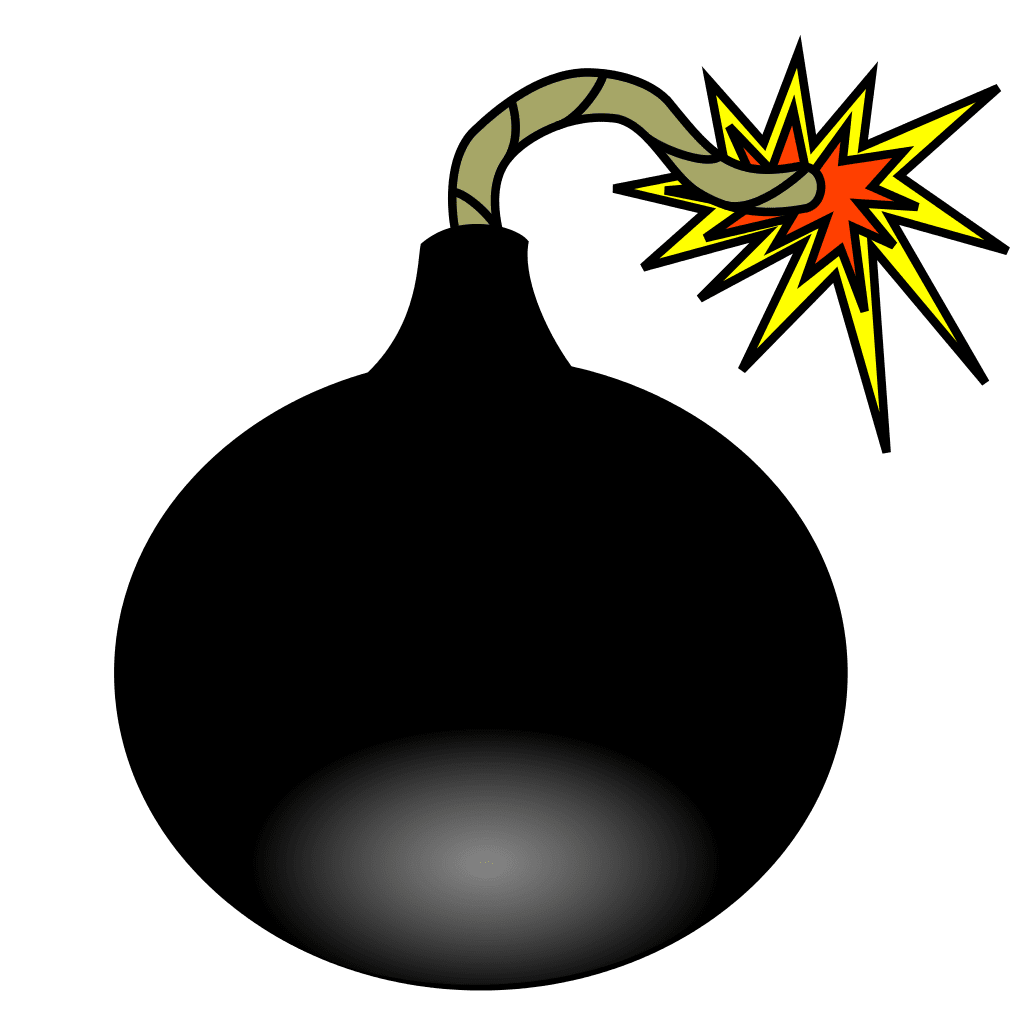
Strategic Mortgage Defaults: A Ticking Time Bomb
The subprime mortgage crisis that triggered the Great Recession of 2007-2009 was catastrophic for the global economy. It exposed the reckless lending practices and lack of oversight in the housing market, with lenders approving risky mortgages and securitizing them into complex financial instruments. As the crisis unfolded, millions of homeowners faced foreclosures, and the ripple effects were felt across various sectors.
However, a new trend has emerged in recent years, known as “strategic mortgage defaults.” **This phenomenon occurs when homeowners intentionally stop making mortgage payments, even though they have the financial means.** The rationale behind this decision is often rooted in the belief that continuing to pay a mortgage on a property significantly decreased in value is a poor financial decision.
The Rise of Strategic Defaults
According to a 2010 Morgan Stanley report, strategic defaults accounted for at least 12% of all bankruptcies in February of that year, a significant increase from around 4% in mid-2007. The report classified a default as strategic when a homeowner who had not previously been delinquent made an on-time mortgage payment one month, skipped payments for the next three months and remained current on other consumer debt of $10,000 or more.
Housing analysts suggest that strategic defaults mainly occur when a home’s value has dropped below the remaining balance on the mortgage.** In such situations, homeowners may decide that continuing to make payments is throwing money away or may default to pressure the lender into modifying the loan.
A Potential Catalyst for Another Crisis
The implications of strategic defaults are far-reaching and could potentially trigger another crisis in the housing market and broader economy. **According to Mark Zandi, chief economist at Moody’s Economy.com, borrowers not making mortgage payments are likely skipping roughly $100 billion annually, equal to 1% of consumer spending.** Zandi likens this money to “a form of stimulus, a little tax cut.”
However, the consequences of strategic defaults could be severe. **Zillow.com states that one in five U.S. homes with a mortgage has “negative equity,” meaning the potential number of strategic defaulters is enormous.** This situation represents a ticking time bomb that could further destabilize the fragile housing market and financial system.
Potential Investment Strategies
For investors, the trend of strategic defaults presents both risks and opportunities. Long-term, the trend for housing is still down, and bearish individuals can use strong rallies to short stocks in the housing sector, such as Lennar Corporation (LEN) and Beazer Homes USA, Inc. (BZH). ETF players can open positions in inverse ETFs like the ULTRASHORT MSCI EMERGING MARKETS PROSHARES (REK) and the PROSHARES ULTRASHORT REAL ESTATE (SRS), which provide inverse exposure to emerging markets and real estate, respectively.
Investors can shorten the housing market directly using Direxion’s Daily 20+ Year Treasury Bear 3X Shares (DRV) for more aggressive positions. Additionally, the PROSHARES ULTRASHORT FINANCIALS (SKF) is an ETF that shorts the financial sector, which could benefit from the fallout of strategic defaults.
Lessons from the Past
The rise of strategic defaults is a stark reminder of the consequences of lax lending standards and the importance of responsible borrowing and lending practices. **The subprime mortgage crisis exposed the vulnerabilities of the financial system and the interconnectedness of various sectors**, with the effects rippling across the global economy.
As the crisis unfolded, over 50 mortgage companies declared bankruptcy by April 2007, many of which had specialized in subprime mortgages. The largest of these was New Century Financial. At least 100 mortgage companies either shut down suspended operations or were sold during 2007, as they relied on continuous access to investor capital, which dried up during the crisis.
Between January 1 and October 11, 2008, owners of stocks in U.S. corporations suffered about $8 trillion in losses, as their holdings declined in value from $20 trillion to $12 trillion. Losses in other countries averaged about 40%, further exacerbating the economic downturn and placing downward pressure on consumer spending, a critical economic engine.
Conclusion
The rise of strategic mortgage defaults is a concerning trend that highlights the ongoing challenges in the housing market and the potential for broader economic repercussions. **While some homeowners may view it as a rational financial decision, the collective impact of strategic defaults could destabilize the housing market and monetary system, potentially triggering another crisis.
Policymakers, lenders, and regulators must learn from past mistakes and implement measures to promote responsible lending practices, transparency, and oversight in the housing market. Failure to address this issue could severely affect the economy and the financial well-being of millions of households.
Other Articles of Interest
Health overhaul could cost 115 billion more (May 10)
Euro shock and awe package more like Shock and shake (May 10)
The necessity of losing and why it makes sense and cents (May 7)
The dangers of Quant Trading models; Dow’s 1000 point drop a prime example (May 7)
Precipitously low market volume is a sign that a correction is imminent (May 5)


